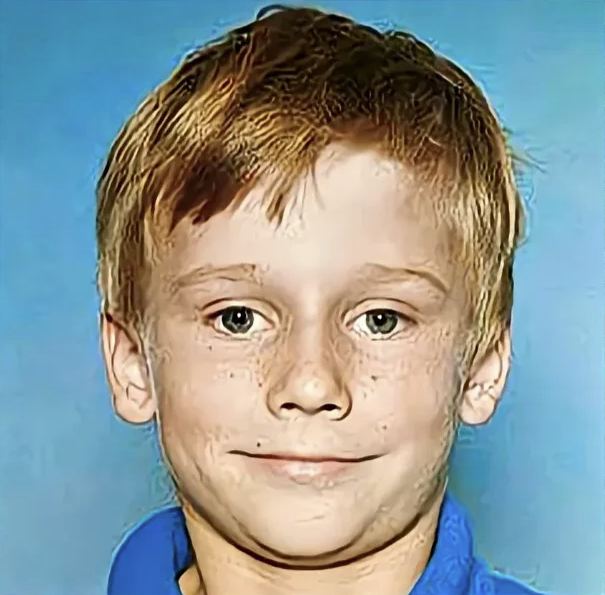
Queensland, 2011. The floodwaters came fast, turning streets into rivers and homes into islands. Families scrambled to rooftops and higher ground, watching as everything they owned disappeared beneath the churning brown water. For two brothers—Jordan, thirteen, and Blake, ten—the flood became a trap they couldn’t escape.
When rescuers finally arrived, time was already running out. The water was rising, cold and relentless, pulling at everything it touched. Jordan and Blake clung to whatever they could find, exhausted and terrified. The rescue team worked quickly, knowing they had only moments to get the boys to safety.
But there was a problem. Jordan couldn’t swim. He knew that if he let go, the current would take him. He understood, with the clarity that comes in moments of crisis, that he might not make it out.
When the rescuers reached them, Jordan looked at his little brother and said four words that would become his last: “Take my brother first.”
Blake was pulled to safety. Seconds later, before the rescuers could return, the floodwaters swept Jordan and their mother away. They didn’t come back.
In the aftermath, their father tried to make sense of the unspeakable. How do you process losing your wife and your oldest son in the same moment? How do you explain to your surviving child that his brother chose to save him, knowing what it would cost?
He wrote the words that have stayed with everyone who heard this story: “Tough is four quiet words from a boy who couldn’t swim.” Because that’s exactly what it was. Not a grand speech. Not a dramatic declaration. Just four words, spoken calmly in the face of death, that proved Jordan understood something most adults never learn: that love means putting someone else first, even when—especially when—it costs you everything.
The photo shows Jordan as he was before the flood—a freckled boy with kind eyes and a slight smile, the kind of kid you’d see at school or playing in the neighborhood. Ordinary in every way except for the extraordinary choice he made when it mattered most.
Blake carries those four words with him now. He lives the life his brother gave him, knowing that Jordan’s last act was an act of love so pure it defies comprehension. There’s no way to repay that gift. No way to make it fair. Jordan didn’t get to grow up, didn’t get to graduate or fall in love or become whoever he might have been.
But his love lives forever in Blake’s heart. It lives in the father who wrote those words and has to carry on without his wife and oldest son. It lives in everyone who hears this story and recognizes that true bravery isn’t the absence of fear—it’s choosing love when fear would be justified.
Jordan couldn’t swim. He knew the water would take him if he let go. But he also knew his little brother deserved a chance. So he made a choice that thirteen-year-olds shouldn’t have to make, demonstrating a kind of courage most of us will never be tested for.
Four quiet words from a boy who couldn’t swim. Four words that meant: You matter more than I do. You deserve this chance. I love you enough to let you go first.
The floodwaters of Queensland took so much that day. But they couldn’t take what Jordan left behind: proof that even in the darkest moments, love can shine through. That a child can teach adults what sacrifice really means. That some words, once spoken, echo forever.
Blake reached safety. Jordan and their mother were swept away. But Jordan’s love—expressed in four quiet words—will live forever in the heart of the brother he saved.